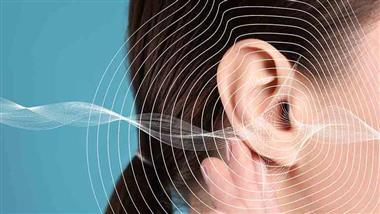
"Tinnitus often gets dismissed as an annoying side effect of aging or noise exposure. But for many people, that phantom ringing, buzzing, or hissing is the start of something far more disruptive. It signals a deeper imbalance - one that doesn't just affect your ears, but your brain's ability to function. This isn't just about hearing. It's about what happens when your brain gets stuck processing a sound that isn't really there. Over time, that internal noise starts to interfere with your focus,"
"What's worse is how invisible it is to others. No one else hears what you hear. But inside your brain, tinnitus pulls attention away from everything else, forcing your mind to work harder just to stay on track. That chronic effort wears down your cognitive reserve - your brain's ability to adapt, recover, and function under stress. As researchers dig deeper into this link, they're uncovering structural changes in key brain areas tied to memory and attention"
Tinnitus creates persistent internal sounds that compete for attention and deplete cognitive resources. The phantom ringing, buzzing, or hissing interferes with focus, processing speed, memory, task completion, conversation following, and restorative sleep. Constant attentional demand forces the mind to work harder, eroding cognitive reserve — the brain's capacity to adapt and recover under stress. Evidence links chronic tinnitus to structural and functional alterations in brain regions responsible for memory and attention. A clinical comparison focused on older adults aged 60+ with recent-onset tinnitus (<3 months) versus no tinnitus using hearing and cognitive tests.
Read at Natural Health News
Unable to calculate read time
Collection
[
|
...
]